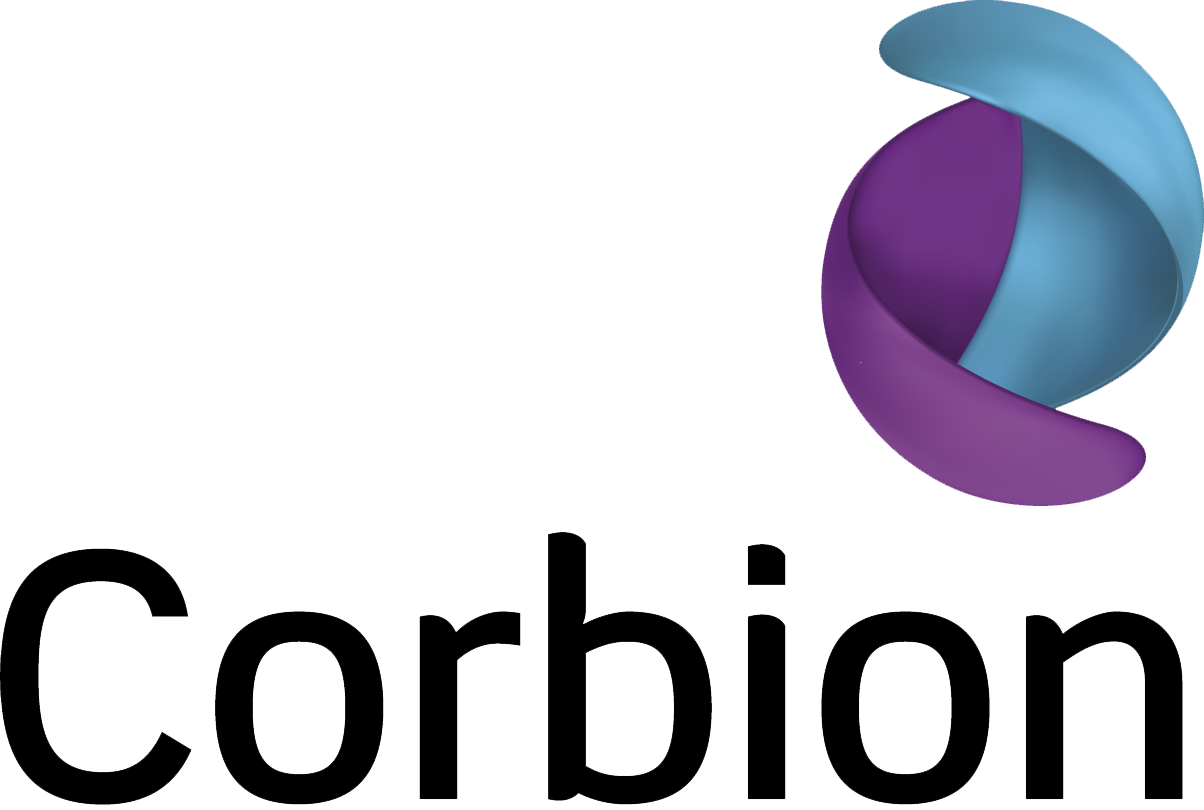OpEx taxonomy disclosure
Financial year 2023 | 2023 | Sustantial contribution criteria | DNSH criteria | ||||||||||||||||
Economic activities | Code | OpEx (Meuro) | Proportion of OpEx 2023 (%) | Climate change mitigation | Climate change adaptation | Water | Circular economy | Pollution | Biodiversity | Climate change mitigation | Climate change adaptation | Water | Circular economy | Pollution | Biodiversity | Minimum safeguards | Proportion of Taxonomy-aligned (A.1.) or eligible (A.2.) OpEx, year 2022 | Category (transitional activity) | Category (transitional activity) |
A. Taxonomy eligible activities | |||||||||||||||||||
A.1. Environmentally sustainable activities (Taxonomy-aligned) | |||||||||||||||||||
Manufacture of other low carbon technologies1 | CCM 3,6 | 1.7 | 1.8% | Y | N/EL | N/EL | N/EL | N/EL | N/EL | Y | Y | Y | Y | Y | Y | Y | 1.8% | E | |
OpEx of environmentally sustainable activities (Taxonomy-aligned) (A.1) | 1.7 | 1.8% | 1.8% | 0% | 0% | 0% | 0% | 0% | Y | Y | Y | Y | Y | Y | Y | 1.8% | |||
Of which enabling | 1.7 | 1.8% | 1.8% | 0% | 0% | 0% | 0% | 0% | Y | Y | Y | Y | Y | Y | Y | 1.8% | E | ||
Of which transitional | - | - | - | - | - | - | - | - | - | - | - | T | |||||||
A.2. Taxonomy-eligible but not environmentally sustainable activities (not Taxonomy-aligned activities) | |||||||||||||||||||
Manufacture of other low carbon technologies2 | CCM 3,6 | 9.2 | 9.6% | EL | N/EL | N/EL | N/EL | N/EL | N/EL | 11.60% | |||||||||
OpEx of taxonomy-eligible but not environmentally sustainable activities (not taxonomy-aligned activities) (A.2) | 9.2 | 9.6% | 9.6% | 0% | 0% | 0% | 0% | 0% | 11.60% | ||||||||||
Total (A1+A2)3 | 11.0 | 11.5% | 9.6% | 0% | 0% | 0% | 0% | 0% | 13.40% | ||||||||||
B. Taxonomy-non-eligible activities | |||||||||||||||||||
OpEx of Taxonomy-non-eligible activities (B) | 84.9 | 88.5% | |||||||||||||||||
Total (A+B)4 | 95.9 | 100.0% | |||||||||||||||||
Taxonomy-aligned per objective | Taxonomy-eligible per objective | |
CCM | 1.8% | 11.5% |
CCA | 0% | 0% |
WTR | 0% | 0% |
CE | 0% | 0% |
PPC | 0% | 0% |
BIO | 0% | 0% |
1 | OpEx supporting lactic acid sales in the PLA segment based on the percentage of net sales of lactic acid produced at Corbion Rayong in the PLA segment. The aligned OpEx (€ 1.7 million) is split in the following categories: maintenance (€ 1.5 million) and lease (€ 0.3 million). There is no OpEx related to the CapEx plan. |
2 | OpEx supporting sales of AlgaPrime DHA based on the percentage of revenues relating to DHA compared to total revenues produced at the Orindiúva, Brazil, site. |
3 | OpEx supporting sales of AlgaPrime DHA and sales of lactic acid in the PLA segment. No double counting because only climate mitigation is considered, and the activities are geographically separated. |
4 | All maintenance costs, non-capitalized leases (excluding depreciation and impairment, including short-term leases), and R&D expenses (excluding amortization and impairment). These costs are part of the costs reported in the consolidated income statement lines: Cost of sales; research and development costs; and general and administrative expenses. Note that the definition given in Annex 1 of the Climate Delegated Act, article 1.1.3 of the regulation is not defined in the international financial reporting standards resulting in potential difficulties in the measurement of the denominator. Further, no reconciliation to the Financial Statements can be made. Corbion seeks to align the definition to internal reporting to be able to provide transparent and consistent reporting. |

